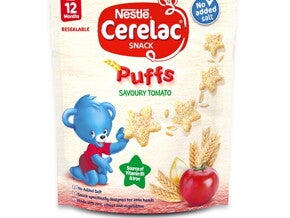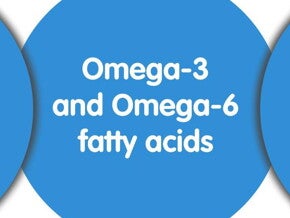
LACTOKID: For Happy Tummies
A happy child is a child who grows well, explores and discovers the world with enthusiasm, and develops to his full potential day-by-day.
To achieve this, complete and balanced everyday nutrition is critical. Indeed, children have energy needs and essential nutrient requirements that are much higher than those of adults in proportion to their size and weight. Yet, unfortunately, many children are switched too early and too abruptly to a diet consisting of adult-like food and unmodified cow’s milk that does not cover their needs and might lead to increased risk of deficiencies. Moreover, childhood is the time for potty training, which is often complicated by constipation or reluctance to poop (partly of psychological origin and partly due to hardstools). It is therefore important that a child’s diet facilitates regular and painless bowel movements.
LACTOKID® is a drink for growing children which supports your child. It contains the added benefit of a L. reuteri. LACTOKID® 4 is the only drink that contains L. reuteri, an active culture for happy tummy. L. reuteri is known for promoting regular soft bowel movements, whilst helping to protect your growing child against diarrhoea.
Moreover, LACTOKID® 4 is a source of A, B (Biotin, Pantothenic Acid, B1 and B2), D and E vitamins and Iodine and Zinc, which helps ensure they have what it takes (as part of a healthy diet) to grow, explore and discover the world around them.
Don’t let an upset tummy get in the way of your child’s happiness. LACTOKID® 4 allows you and your child to live happy, uninterrupted lives.
References:
1. El Beleidy A. Optimized protein quality and quantity closer to the reference. Modern Medicine 2011;28:3.
2. Urbańksa M, Szajewska H. The efficacy of Lactobacillus reuteri DSM 17938 in infants and children: a review of the current evidence. Eur J Pediatr 2014;173:1327-1337.
3. Coccorullo P, Strisciuglio C, Martineli M, Miele E, Greco L, Staiano A. Lactobacillus reuteri (DSM 17938) in infants with functional chronic constipation: a double-blind, randomized, placebo-controlled study. J Pediatr 2010;157(4):598-602.
4. World Health Organisation. Infant and young child feeding. [Online] 2016 [Cited 2017 July 4]. Available from:
URL: http://www.wpro.who.int/nutrition_wpr/publications/infantchildfeeding.pdf.


















